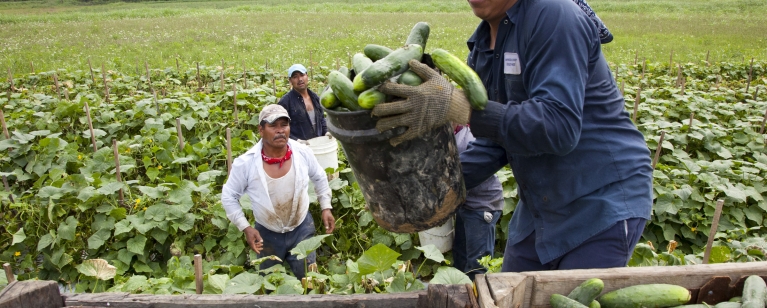
All migrant workers have rights as workers, regardless of their immigration status. However, they are often subject to abuse and exploitation. They are unlikely to raise grievances with their employers or the authorities – especially if they are undocumented. They could lose their only source of income, could be locked up or deported. They may turn to unscrupulous intermediaries, willing to exploit their vulnerability by finding them even riskier jobs.
What can companies do to manage these risks?
Speakers
Don Flynn, Director, Migrants’ Rights Network
Migrants' Rights Network (MRN) is a dynamic national NGO working and campaigning in support of migrants in the UK. It brings together activists and support organizations, think tanks, academics, faith groups and public sector representatives to defend the rights of migrants. Launched in 2006, MRN provides support, coordinates joint actions and brings grassroots organisations to the table, as well as advocating for improved legal protection of migrant workers. Don will discuss why migrant workers are so vulnerable in the UK and highlight what can be done to support them.
Claire Falconer, Legal Director, Focus on Labour Exploitation
Founded in 2013, Focus on Labour Exploitation (FLEX) is a leader in the field of human trafficking for labour exploitation. It works to prevent labour abuses, protect the rights of trafficked persons and promote best practice through research, advocacy and awareness raising. Claire will share examples of this best practice and propose ways to improve corporate and governmental accountability for human trafficking and labour exploitation.
Tim Pilch, Head of Ethical Trade, Pentland Brands Ltd
Pentland Brands Ltd is a long-standing member of ETI. It owns well-known brands such as Berghaus, Speedo and Boxfresh, and is the global licensee for Lacoste and Baker. Tim will talk about a recent collaborative initiative by ETI member companies to better manage the risks associated with recruitment of migrant workers.
